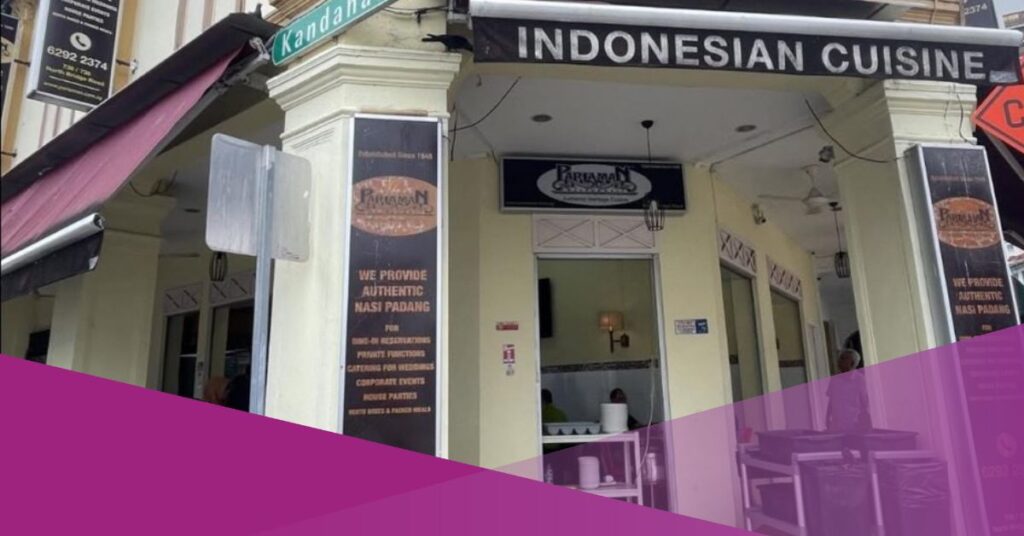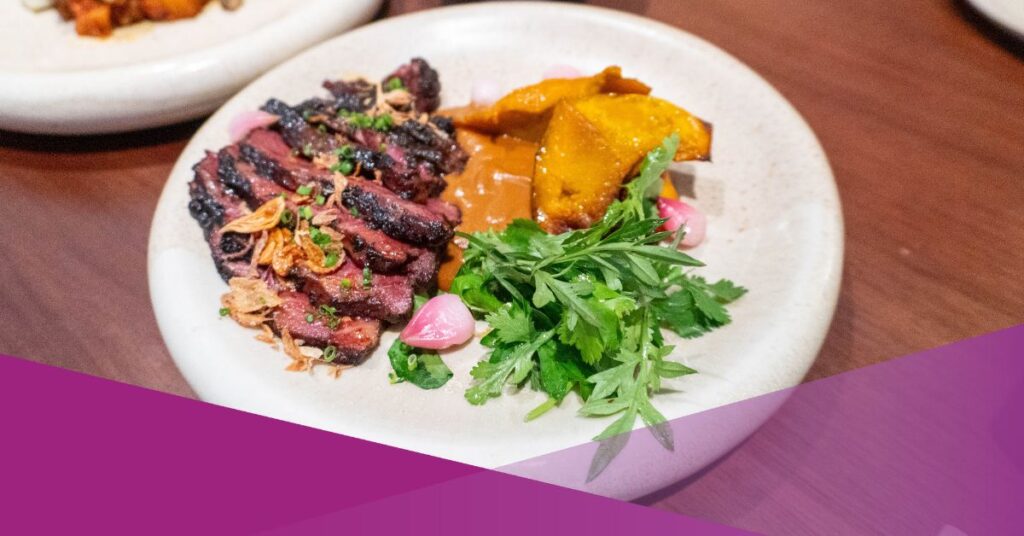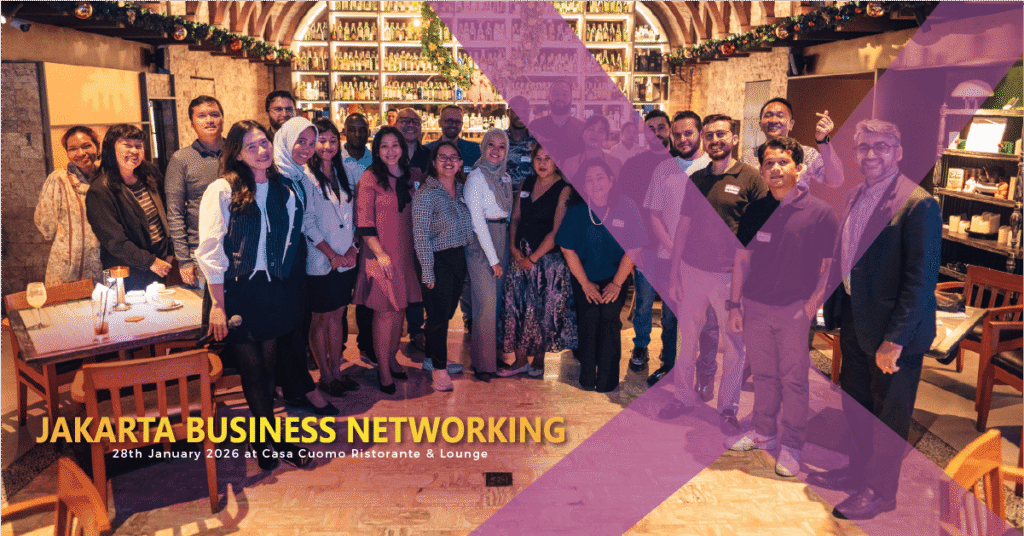Bule Meaning in Indonesian Society: History, Use, and Cultural Context
In everyday Indonesian conversations, especially in urban areas or tourist destinations, the term bule is frequently used to refer to foreigners, particularly those with white skin.
As an expat or tourist living in Indonesia, you’ve likely heard the word used in both casual and public settings. But what is the actual bule meaning, where does it come from, and how has it evolved over time?
This article explores the linguistic and historical background of bule, tracing its roots and examining how it reflects Indonesia’s cultural perceptions of race, colonial legacy, and foreign identity.
The Origins of the Word “Bule”
Bule Definition as a Reference to Skin Colour in Javanese
The most widely accepted origin of the word bule is from the Javanese language. In Javanese, bule or bulai refers to someone who is pale or white in complexion.
A 1948 Javanese Indonesian dictionary notes boelé, balar and boelai as a suffix to the Javanese ‘wong’ or ‘person’, in Indonesian ‘orang balar’ or ‘orang saboen’.
Historically, the term was also used to describe albino animals, such as the kerbau bule (albino buffalo), a symbol still found in Javanese royal traditions, particularly within the Sultanate of Yogyakarta.
When European colonialists arrived in Indonesia, local people noticed stark physical differences, particularly lighter skin tone. Over time, these observations contributed to the association of the word bule with foreigners, especially Caucasians.
The Role of Benedict Anderson in Popularising the Term
Although the term had already existed in various regional uses, the political scientist Benedict Anderson claimed responsibility for popularising bule as an informal reference to white foreigners in modern Indonesian language. In english there is no such terms.
During his visit to Indonesia in the early 1960s, Anderson became uncomfortable being addressed as Tuan or Putih (terms reflecting social superiority or race).
Seeking a less formal and more neutral alternative, he encouraged his friends to use bule instead. According to Anderson’s 2016 autobiography, this usage spread into broader social circles and eventually the media, making bule a common everyday term.
Historical and Political Context of Bule Meaning
Use During Indonesia’s National Revolution
According to scholar Tom Popensky, the term bule was already in use by 1952, particularly in youth circles during Indonesia’s independence movement.
In an article titled Taman Siswa: Ialah Kepertjajaan Kepada Kekuatan Sendiri Untuk Tumbuh by W. le Febre, the phrase wong bule (white person) was used in a somewhat critical context, reflecting the complex relationship between Indonesians and former colonial powers.
During the turbulent years of the revolution, white people were often seen as confused outsiders in a society undergoing radical social transformation. The word bule thus carried layers of political and emotional connotation.
Terms Used During the Colonial Period
Interestingly, bule was not the term used to describe the Dutch during the colonial era. Instead, Indonesians used words such as londo (a Javanese term for Dutch people) and kompeni, derived from the Dutch East India Company (Vereenigde Oostindische Compagnie or VOC).
The shift to using bule occurred post-independence, reflecting a move away from colonial associations and towards a broader, modern concept of “foreigner”.
Why Are Foreigners Still Called Bule?
Physical Differences as a Basis
The continued use of the word bule often comes down to visible physical traits. White skin, light-coloured hair, and taller stature make Western foreigners stand out in predominantly brown-skinned Indonesian communities. These visible differences lead to the informal labelling of foreigners using this one-syllable term that is easy to recognise and use in conversation.
The Lingering Influence of Colonial Perception
Despite Indonesia’s long-standing independence, social attitudes still reflect historical power dynamics. Foreigners, particularly white individuals, are often viewed as having higher status or economic privilege.
This perception, while not universally held, is part of the lingering colonial mindset, subtly influencing why bule is still a widely accepted term.
Use in Popular Media and Everyday Life
Indonesian films, soap operas, and advertisements frequently portray bule characters as wealthy, glamorous, or culturally different.
Such portrayals reinforce the word’s association not only with appearance but with lifestyle and socioeconomic status. In recent years, the rise of foreign influencers living in Indonesia has further normalised the use of bule on social media platforms.
A Convenient Term with Broad Meaning
The simplicity and familiarity of the word make it an easy shorthand for “foreigner,” especially in informal contexts.
While it primarily refers to westerner, bule is sometimes used more broadly, even jokingly, for Indonesians with lighter skin. Its application is not strictly racial but also based on perceived foreignness or difference from the majority population.
Is the Term Bule Offensive?
Not all foreigners appreciate being called bule. Some perceive the term as reductive or racially insensitive, depending on the context in which it is used. Even Benedict Anderson, who helped popularise the word, later acknowledged that some of his friends found it problematic.
Whether bule is offensive depends largely on the speaker’s tone and intent. In most cases, it is used casually without malicious meaning. Still, awareness of its implications is important, especially in multicultural interactions.
The bule meaning is more than just a label, it reflects Indonesia’s history, cultural identity, and attitudes toward outsiders. While commonly used to refer to white foreigners, its roots are both linguistic and political.
































